Cybele Recharge
30ml per container – Food supplement with Vitex Angus Castus & Ashwagandha for hormonal imbalances, menopause, and premenstrual syndrome (PMS).
Recommended dosage: 1-2 ml (15-30 drops) daily or as instructed by a Healthcare Professional.
Does not contain allergens, gluten, lactose , GMOs, artificial colors, tastes or preservatives. Suitable for vegans and vegetarians.
€30.00 – €60.00 inc VAT 24%
Agnus Castus: Herbal support to help balance female hormones the natural way
Agnus Castus is an aromatic shrub of the Verbenaceae family. The plant can grow up to 9 metres tall and is native to Europe and Central Asia. It has violet or rose-coloured flowers and small dark brown to black hard fruits the size of peppercorns. In herbal medicine, it is the fruits that have traditionally been used for a wide range of problems (mainly those associated with female hormonal imbalance), and its use can be dated back to the days of Hippocrates 2,500 years ago. The botanical name of the plant is Vitex agnus-castus and it is also known as chaste tree, chasteberry. The berries of the plant are dried and made into either a powder or tincture. It is available as a capsule, liquid extract, tablet, and essential oil.
Active constituents
The biological activity of Agnus Castus is likely attributed to many chemical components, including flavonoids such as casticin, kaempferol, apigenin, orientin and isovitexin, and iridoid compounds including aucubin and agnuside. It also contains diterpene alkaloids such as vitexlactams A, B, and C and clerodadienol.
Mechanisms of Action
The principal pharmacological effect of Agnus Castus on the body is the inhibition of prolactin secretion. Various studies have indicated that the seeds produce a modulating effect on the hypothalamus-pituitary system, and hence promote hormonal balance and a regular menstrual cycle. Therapeutic properties are credited to its indirect actions on prolactin and progesterone, in particular.
Agnus Castus increases progesterone by increasing luteinizing hormone (LH) and inhibiting follicle-stimulating hormone (FSH) and prolactin levels. It can also increase dopamine activity in the brain, which also results in a reduction of prolactin release. Studies have shown central dopaminergic activity in vitro and in vivo.
Agnus Castus has been shown to influence dopaminergic activity and subsequently has prolactin-lowering effects. It has also been shown to bind opiate receptors, which in turn promotes dopamine activity. The chemical components of Agnus Castus, casticin and the diterpenes, in particular, are believed to reduce elevated prolactin levels.
Additional information
| Quantity | 1 month therapy (€30), 2 months therapy (€50), 3 months therapy (€60) |
|---|

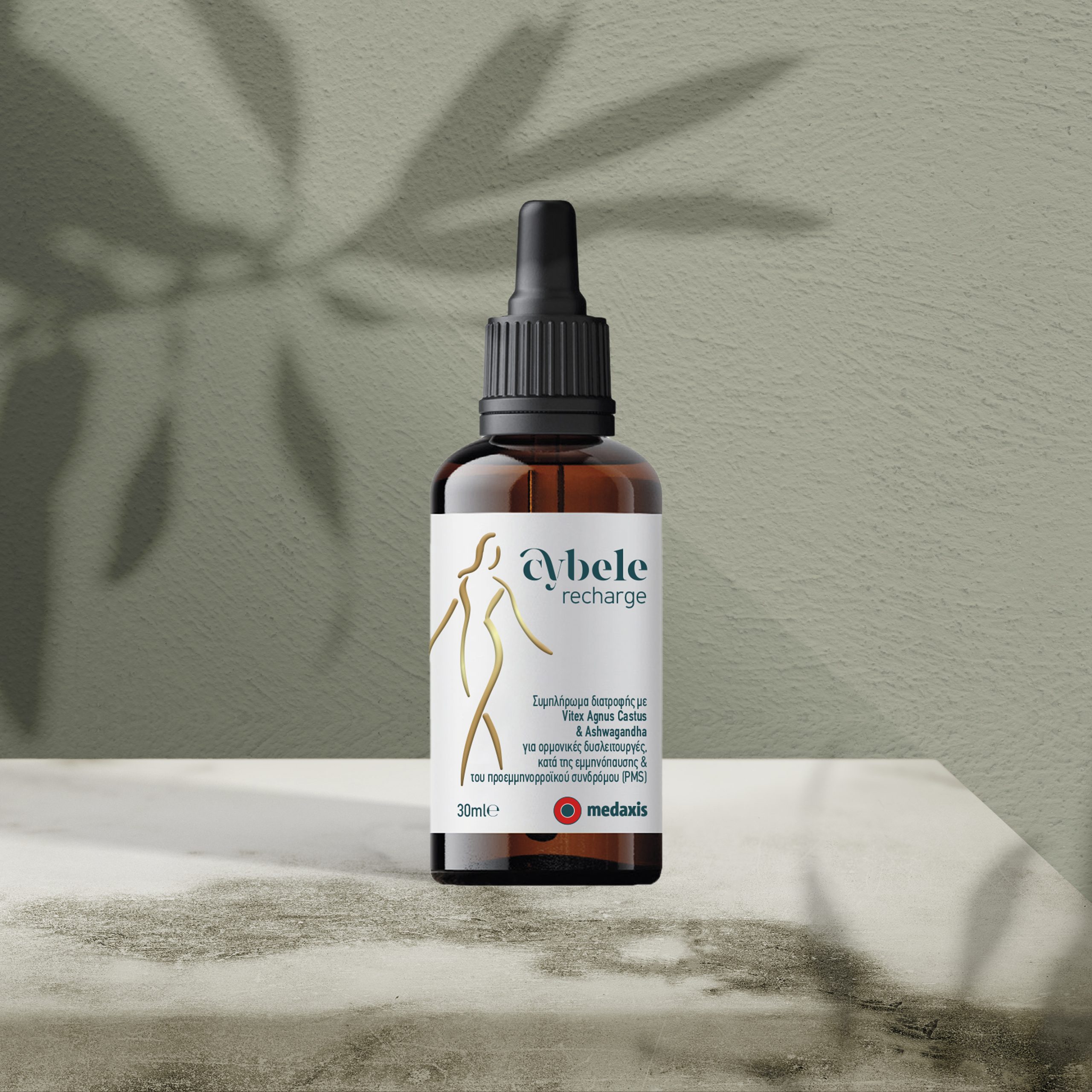
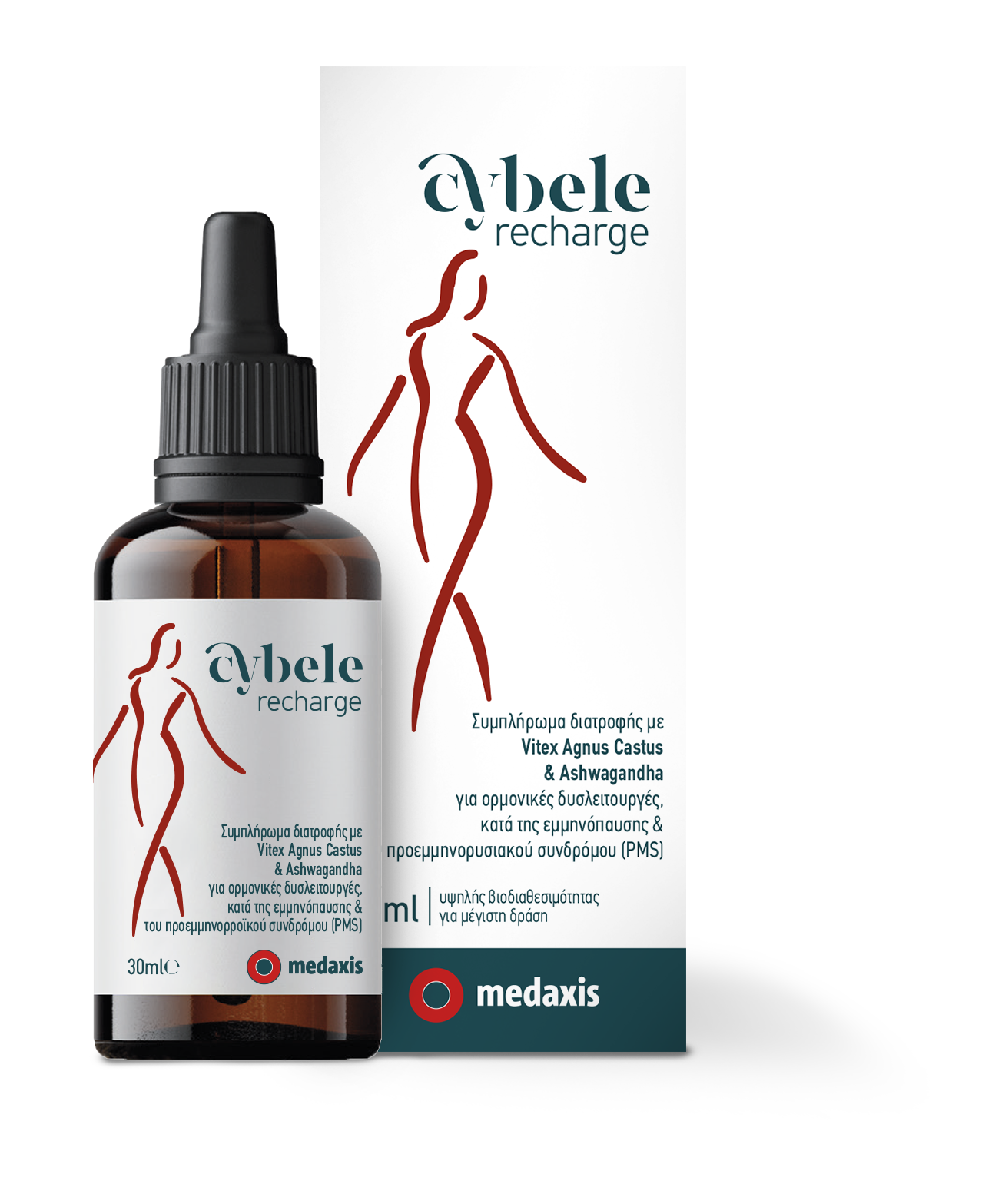
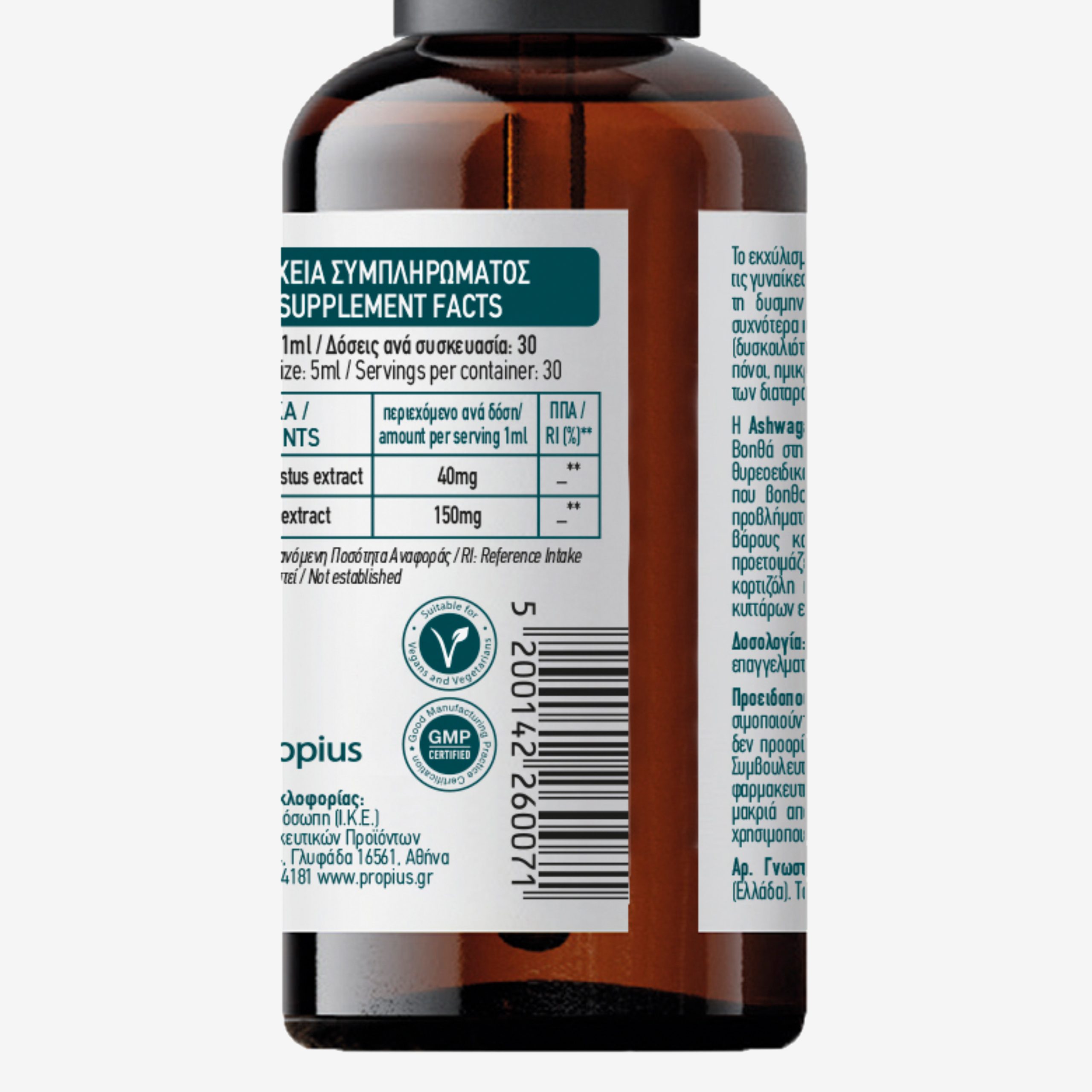
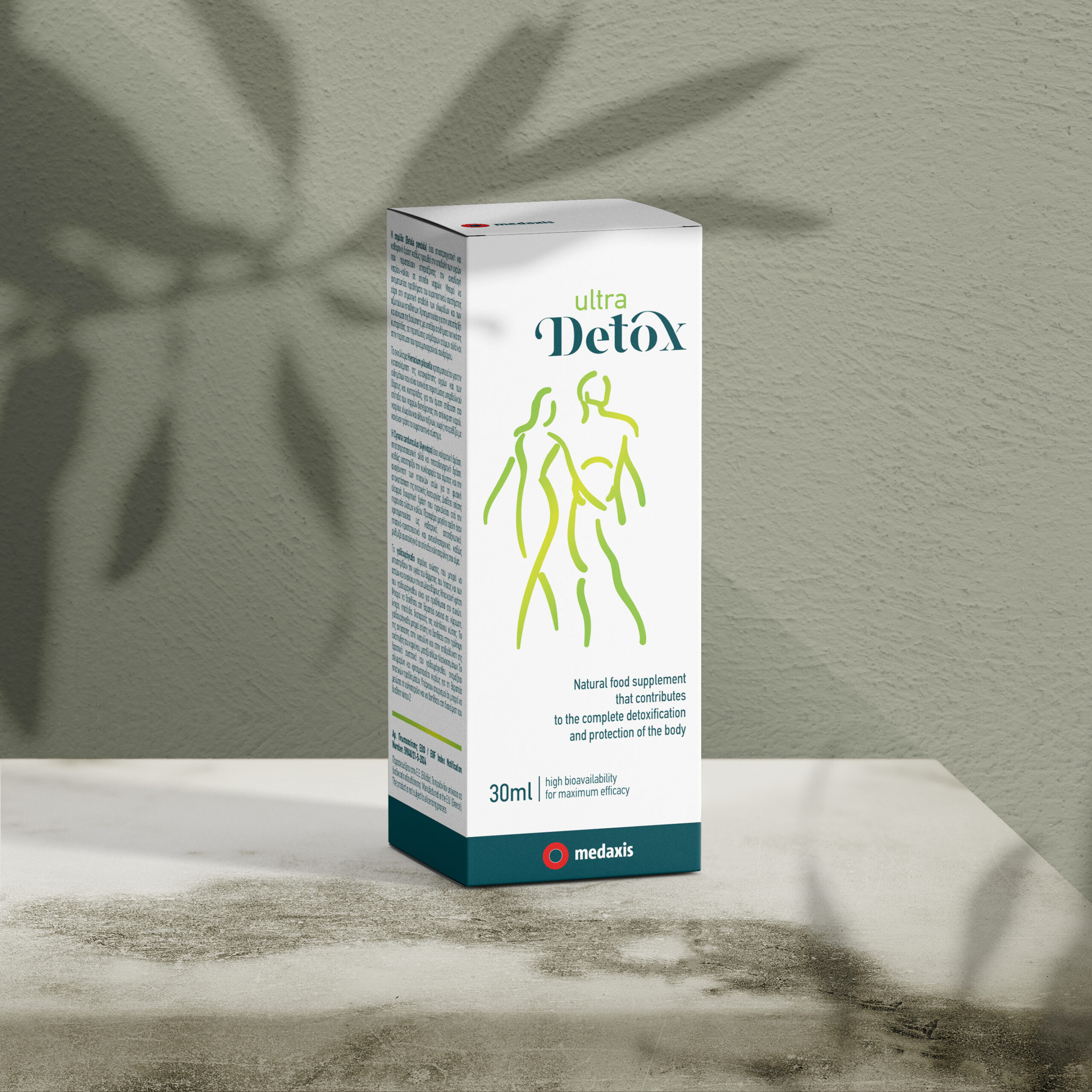
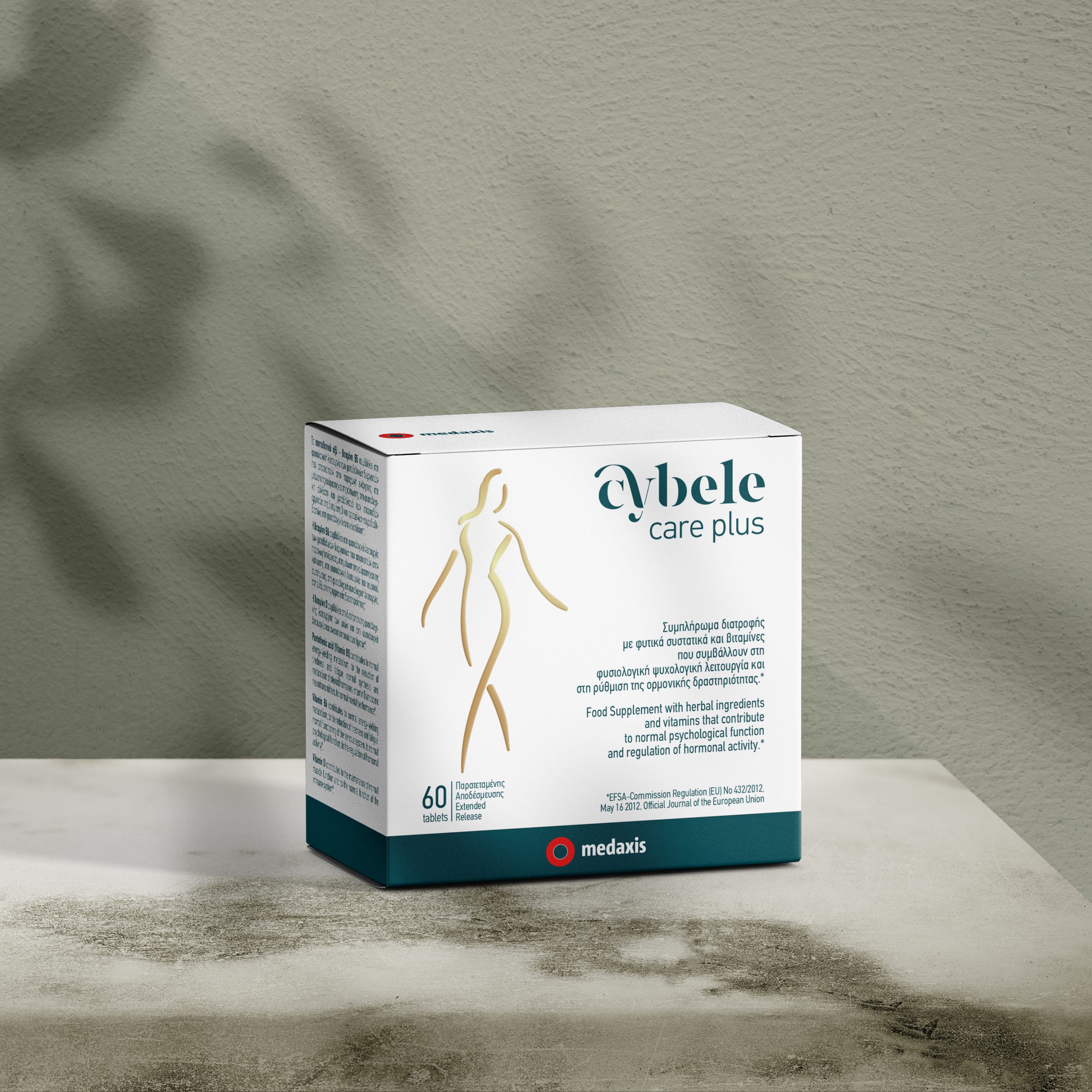
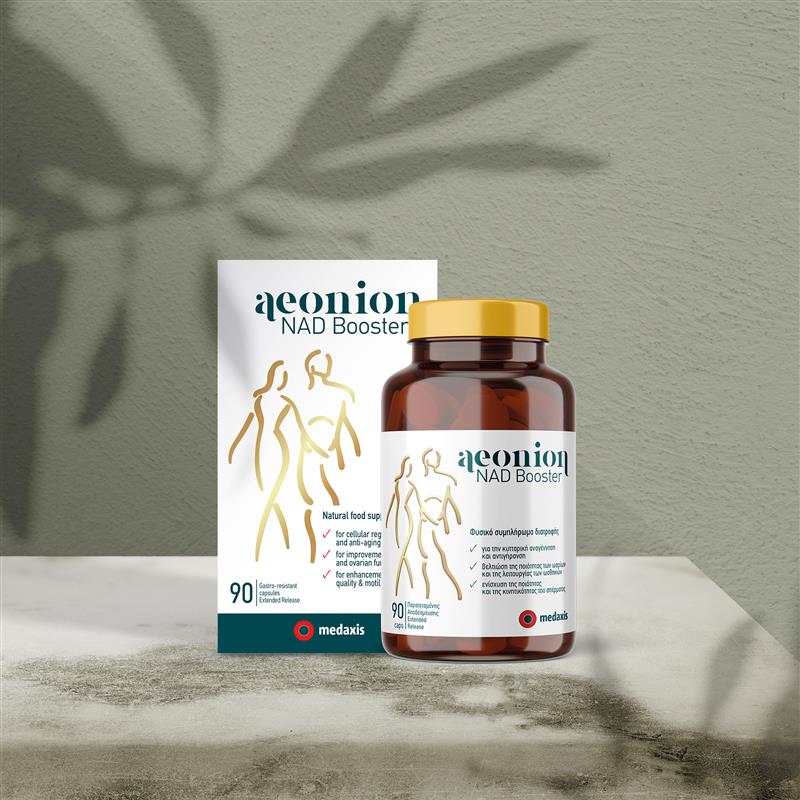
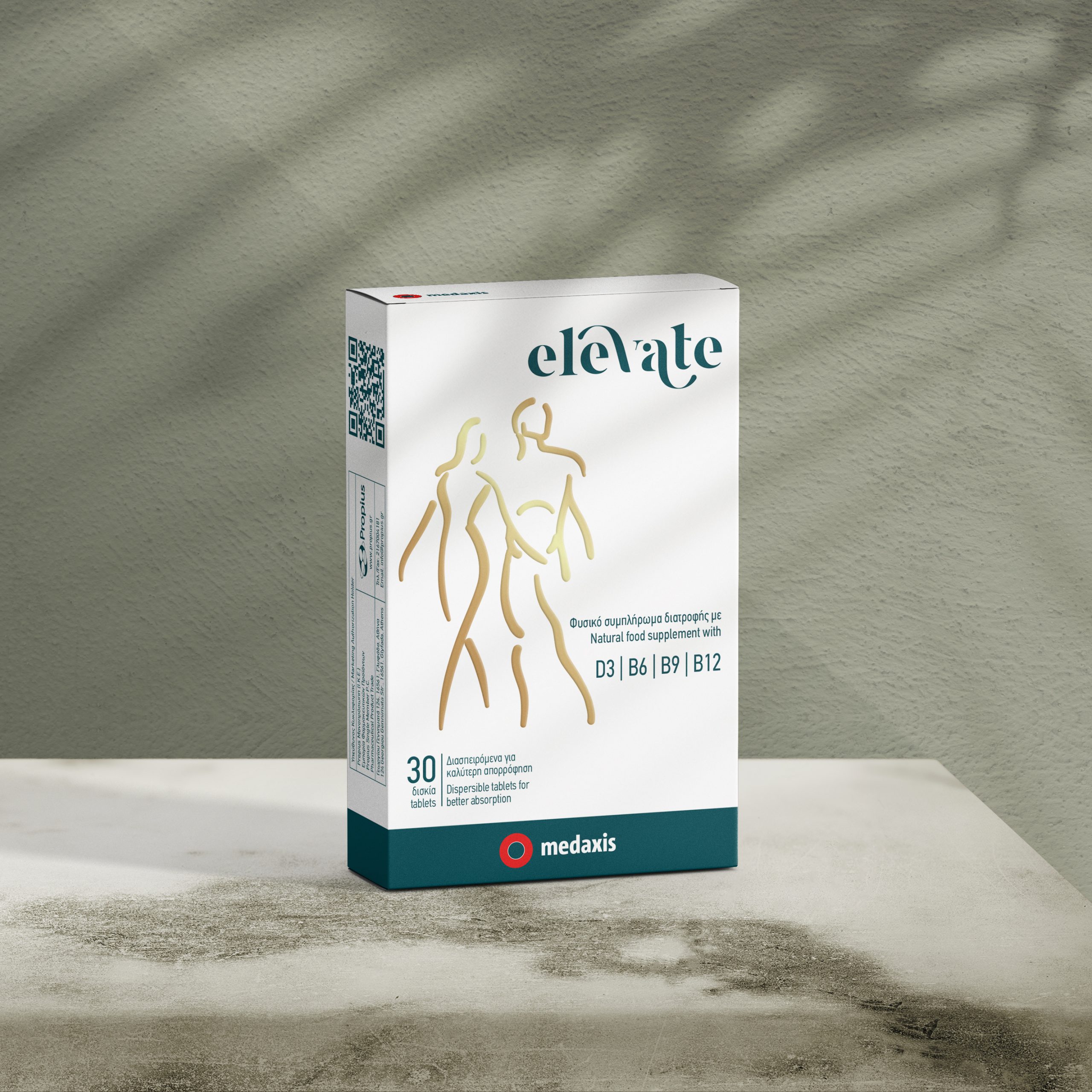
Reviews
There are no reviews yet.